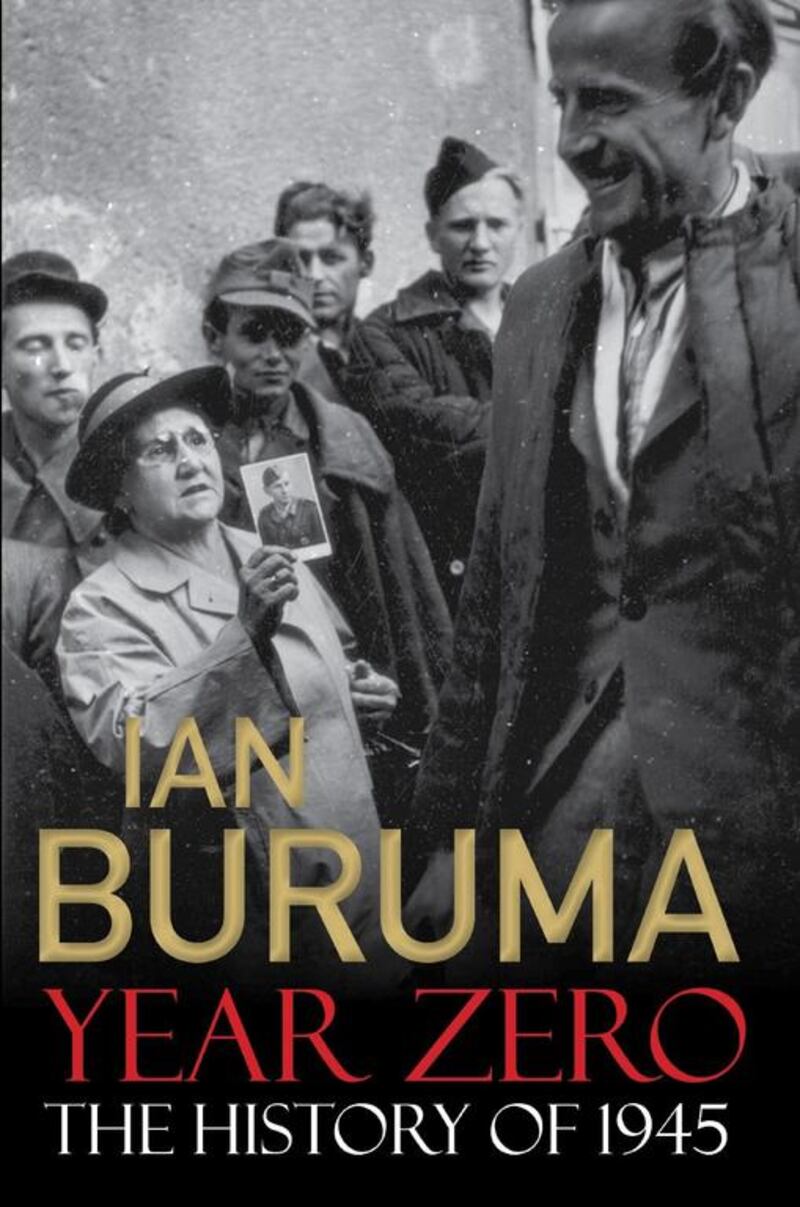Nick Leech
In her frank description of post-war Parisian life, the French writer Benoite Groult describes the moment of personal, sexual and political emancipation that coincided with the end of the Second World War as a dream.
For her, 1945 was a year in which the Old World stood in physical, spiritual and intellectual degradation, but in which the allure and the promises of the New World were to prove illusory. Groult is only a minor character in Year Zero, but her experience and observations run like a leitmotif through Ian Buruma's global history.
The Janus-faced events of 1945 gave rise to the United Nations, the European Union, post-colonialism, Japanese pacifism – the world as many of us still understand it – and yet they also remain impossibly remote.
By focusing on individual experiences, however, Buruma is able to marshal his sources and vast cast of characters with the meticulousness of a historian and the skill of a novelist.
His unsparing but compassionate account of the year’s humiliations, subjugations, exultations and hopes may feel phantasmagoric at times, but the effect is like reading Tolstoy, updated for the atomic age.
nleech@thenational.ae






